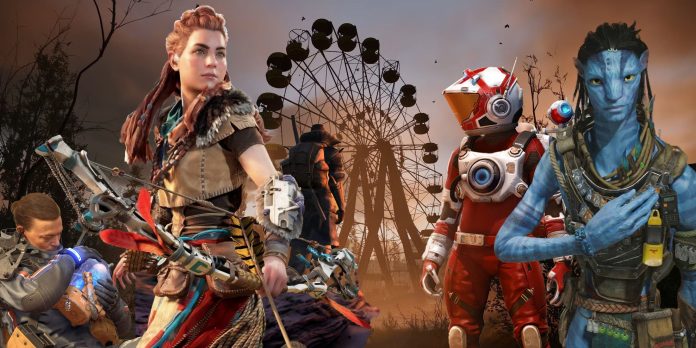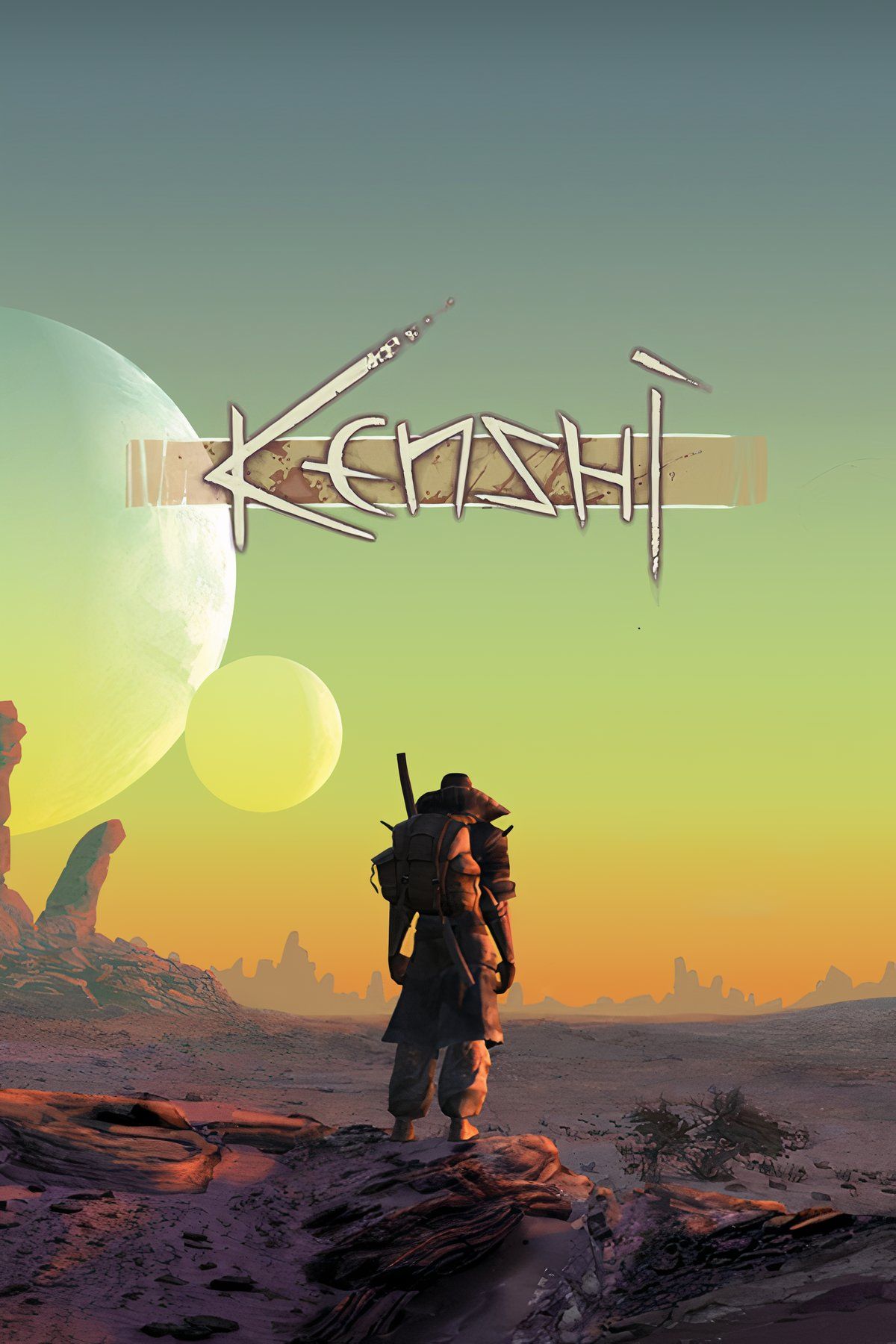
Sign in to your Game Rant account
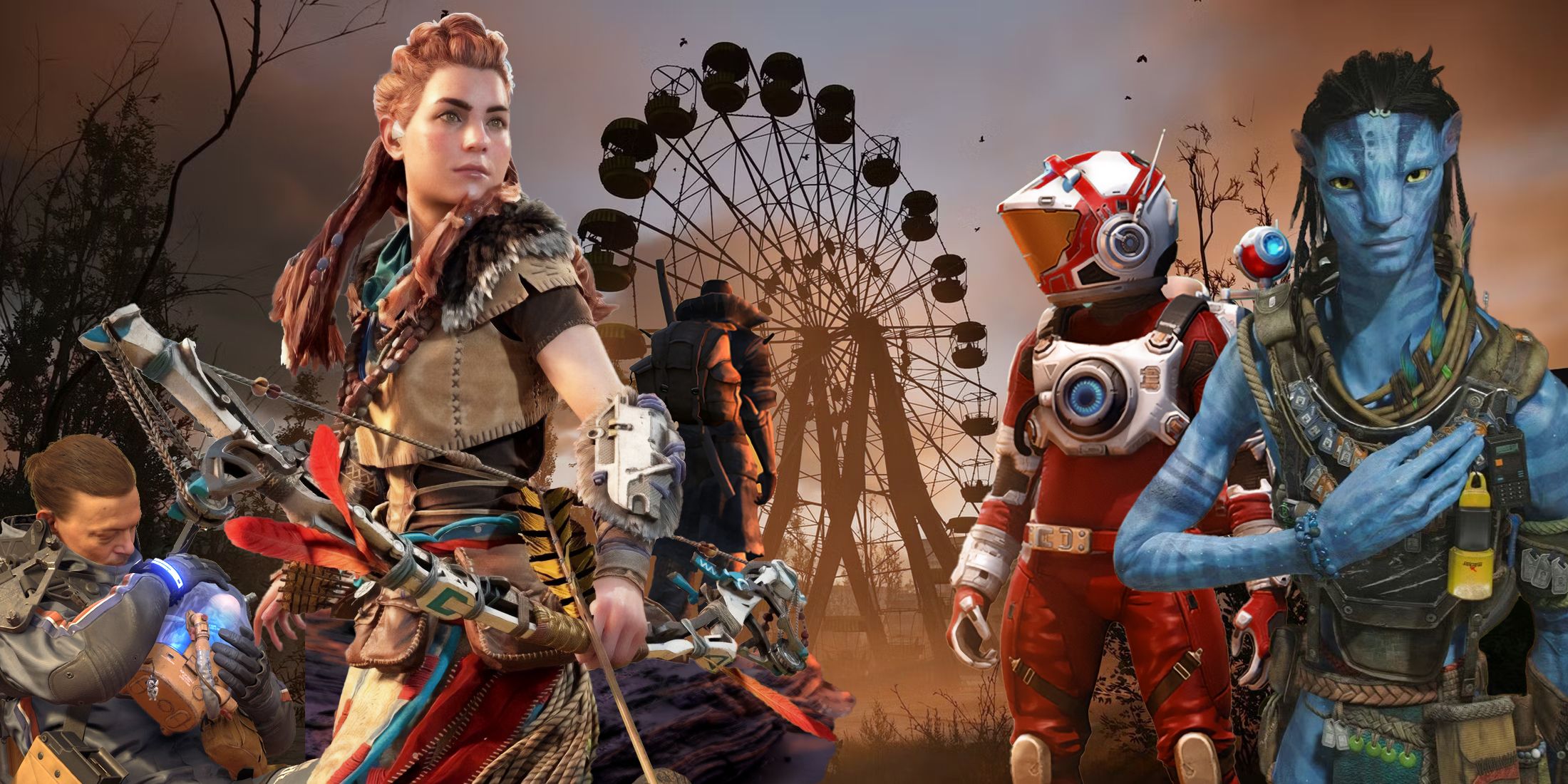
Worldbuilding is one of the main building blocks of any great video game. But open-world games especially rely on it in order to make their extremely large worldspace worth exploring. One of the biggest complaints players often have about the open-world format is that more often than not the world feels empty and lifeless. Massive open worlds impress nobody if there is nothing interesting about them.
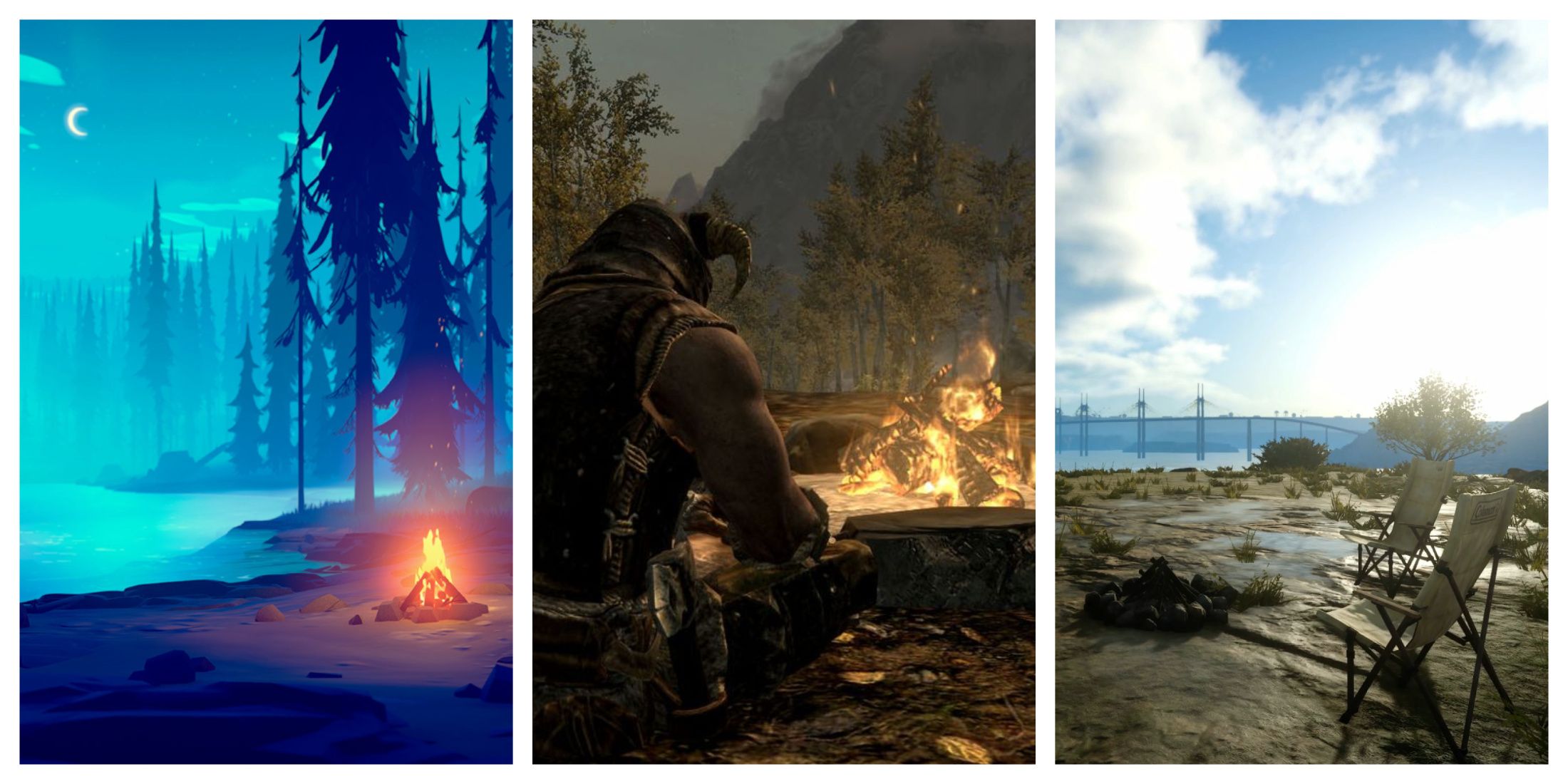
Related
6 Best Open-World Games With Camping Mechanics
Open-world games with immersive camping mechanics like Skyrim’s survival mode or Red Dead Redemption 2’s dynamic campsites help bring the outdoors in.
Some open-world games overcome their flaws by crafting a world so compelling, it draws players in regardless of outdated visuals or repetitive gameplay. When the world itself sparks curiosity, those shortcomings fade into the background.
7 S.T.A.L.K.E.R. 2: Heart of Chornobyl
Nuclear Horror Rooted in Lore

STALKER 2 builds upon the foundation of the first game, inviting players to explore a massive open-world map just as post-apocalyptic but with double the content. Despite its many performance and bug-related issues, STALKER 2 managed to deliver what many thought impossible: a worthy successor to a cult classic that resonated with fans.
The STALKER universe has a distinct grounded nuclear apocalypse horror vibe that’s the basis of its identity. It’s not grimdark for the sake of it—the bleakness is justified by the world’s lore and history. The gameplay itself might not be all that impressive, but it’s the haunting, hostile world that leaves an impression.
6 Horizon: Zero Dawn
Secrets of the Old World Reclaimed by Nature
Horizon: Zero Dawn fuses futuristic sci-fi with a tribal, post-apocalyptic world, exploring how a low-tech society might interpret remnants of advanced technology through their unique worldview. It’s a compelling”what-if?” premise that both Zero Dawn and its sequel, Forbidden West dive deep into.
Though the characters can feel a bit too optimistic to be entirely believable, the game excels at delivering a satisfying sense of discovery. Unearthing ancient ruins, decoding the fall of human civilization, and peeling back the layers of a centuries-old conspiracy are all concepts that rely on worldbuilding to do the heavy lifting.
5 Avatar: Frontiers of Pandora
An Alien World Seen Through Native Eyes
Avatar: Frontiers of Pandora suffers from gameplay that feels too reminiscent of Far Cry—particularly its repetitive outpost mechanics. But its stunning visuals, fun aerial traversal, and expansive fantasy setting more than make up for it.
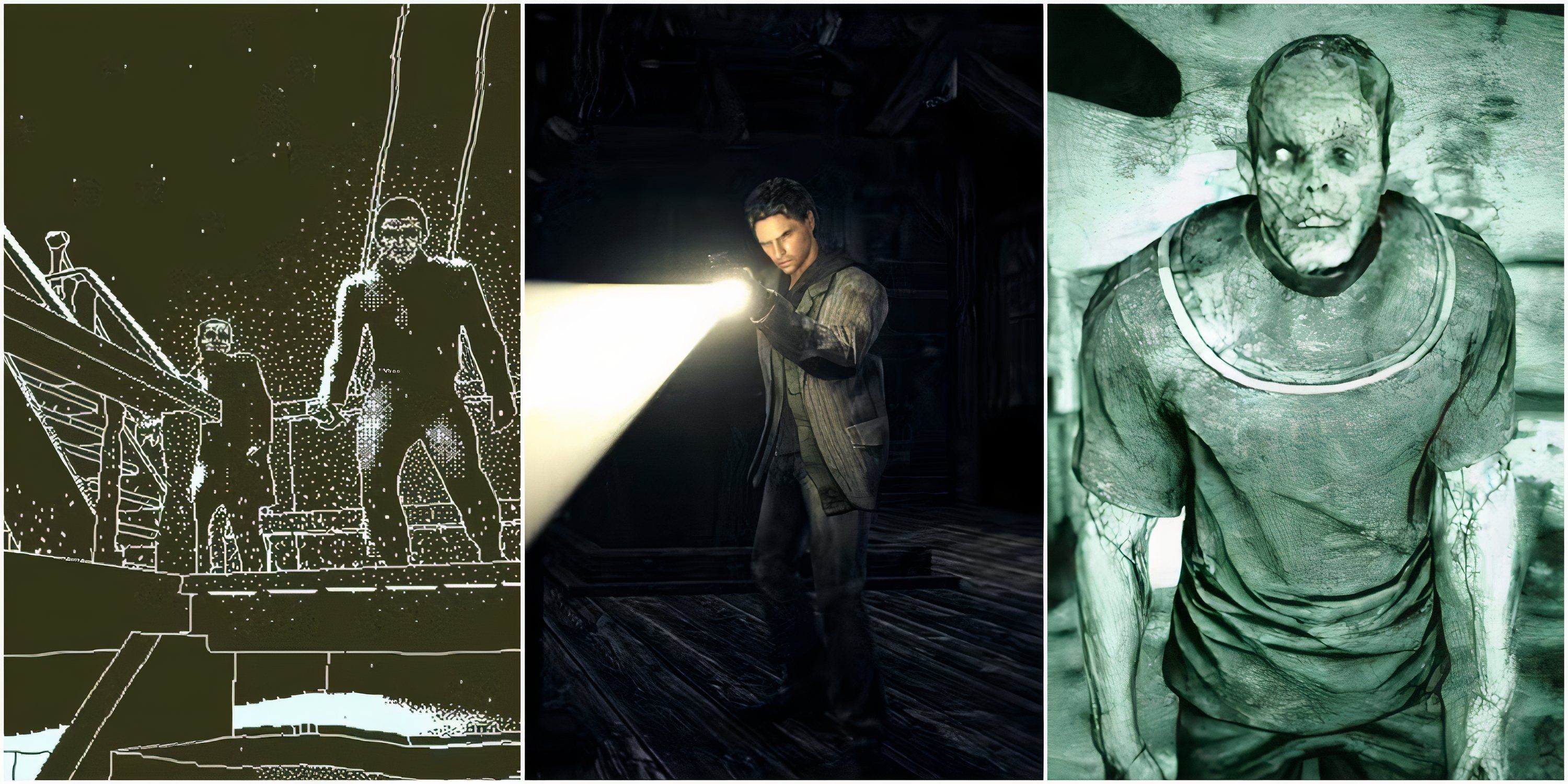
Related
8 Best Games That Feel Like Documentaries, Ranked
Documentaries and video games feel like they’d be worlds apart, but they can have more in common than some might think.
Avatar: Frontiers of Pandora takes the concept of James Cameron’s Avatar universe and reimagines it from the perspective of a true blue Na’vi, expanding upon existing lore by introducing new tribes, Na’vi rituals, conflicts between tribes, and much more. The world is the main character in this game, as the main overarching goal is to save it, cherish it, and help it grow.
4 The Long Dark
A Cold World that Speaks Through Solitude
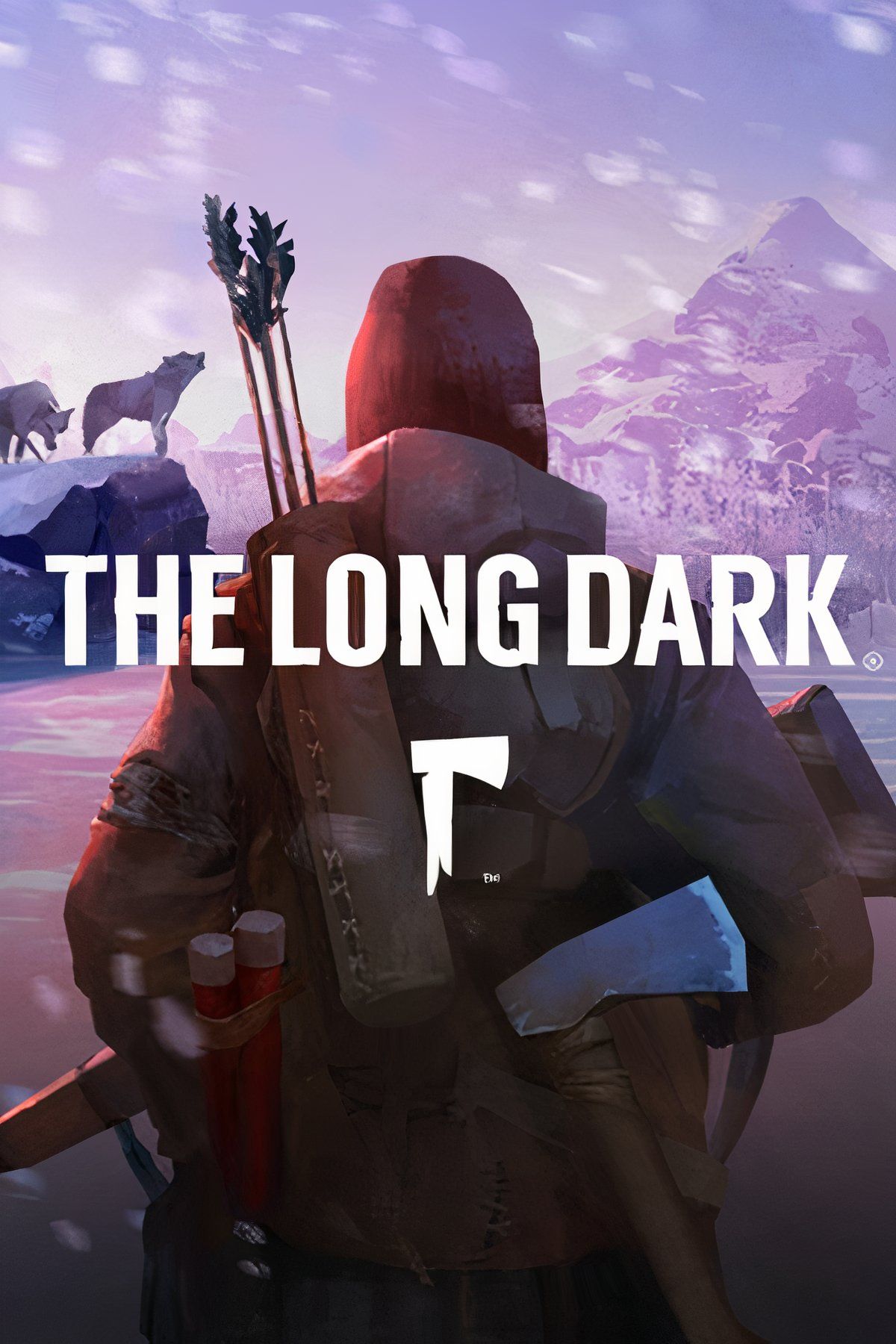
The Long Dark is a harsh open-world survival game where players constantly fight against natural elements, wildlife, and unseen terrors while trying to keep their character alive through a wintery apocalypse.
It’s a slow, deliberate trek through a wintery hellscape, with no one but solitude for company. The glacial pace is an incredibly potent immersion method that allows players to truly feel that they’re a part of the game world. The struggle for survival is visceral at times, methodical at others, but never boring. Tidbits of information, a torn letter here, a last note there, slowly reveal what happened to cause the weather to turn into a perpetual snowstorm.
3 Death Stranding
Deliveries in a Surreal Landscape
Without its world, its setting, and the intrigue it evokes, Death Stranding would likely be crowned the blandest AAA game ever made. At a base level, the game tasks players to take on the role of a courier responsible for transferring batches of materials packed in boxes between settlements. There is some complexity to it, sure. Navigating the terrain requires a bit of skill and load management; tools can be used to make bridges or zip lines to make traversal easier, and other factors as well.
At the end of the day, however, it’s Death Stranding’s imperceptibly alien world that’s the star of the show. Teetering on the edge of the uncanny valley, the worldbuilding in this game props up the gameplay in a way very few titles have managed to do.
2 Kenshi
Believable Factions, Brutal Realism
In Kenshi, the world treats the players as if they’re a part of it. There are no exposition dumps to explain what’s going on, no direct confrontations where a racist explains why he is so, and no codex entries neatly organizing the lore. The only way to learn about Kenshi is to travel the land, meet the people, and glean the truth about conflicts between races and factions from the contextual clues gathered along the way.
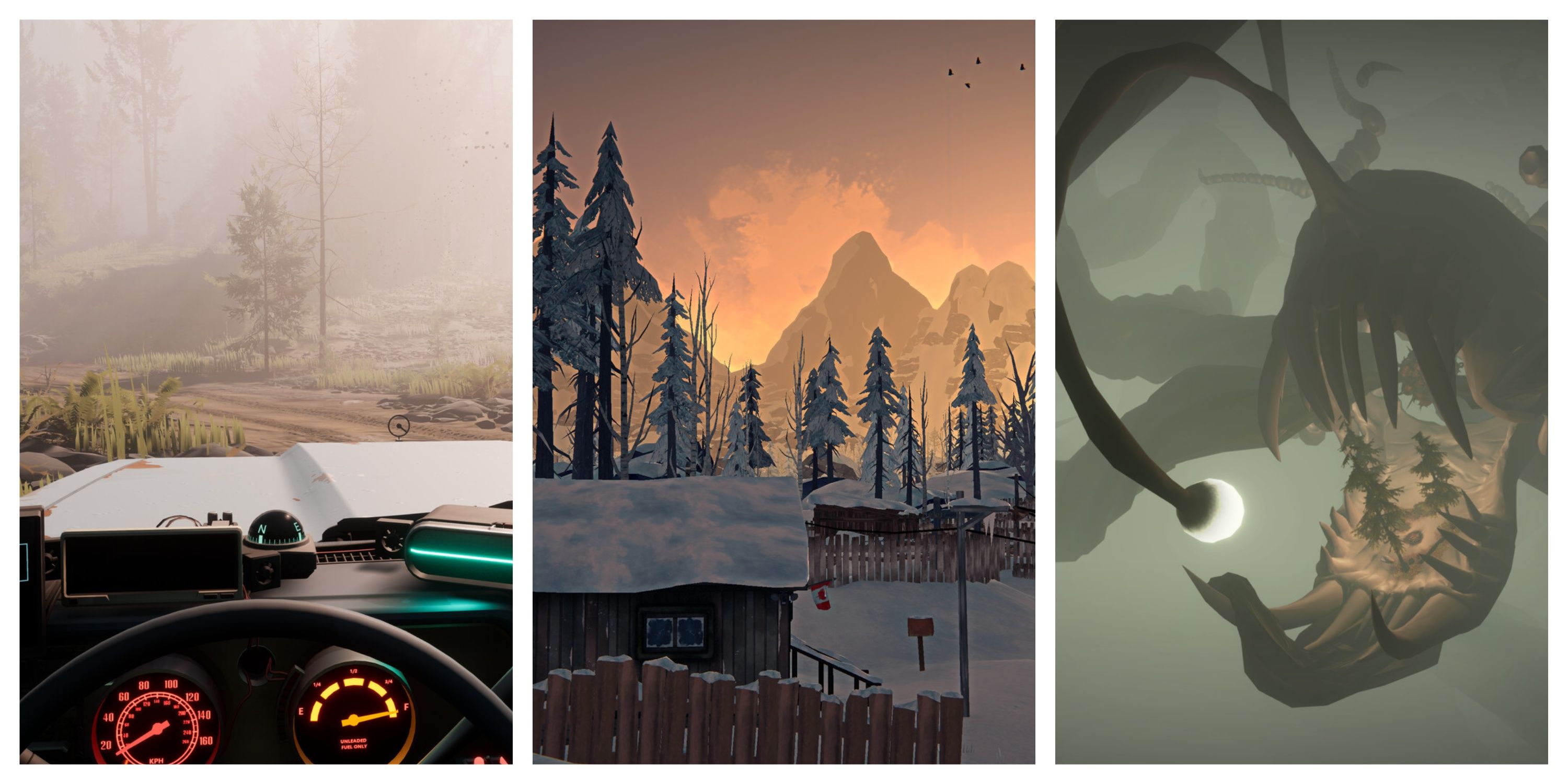
Related
Most Immersive Games That Focus On Exploration
These outstanding video games have a heavy focus on exploration, delivering some of the most immersive experiences in their respective genres.
Worldbuilding in games is about making the world feel like a real place and not something that feels manufactured. Evil factions aren’t evil just because they feel like it but because they have genuine motivations for their actions. The most impressive thing about Kenshi’s worldbuilding is that it’s genuinely believable in a way very few game worlds are. It’s the game’s biggest strength and what allows it to maintain a cult classic status among fans.
1 No Man’s Sky
Space Exploration Done Right
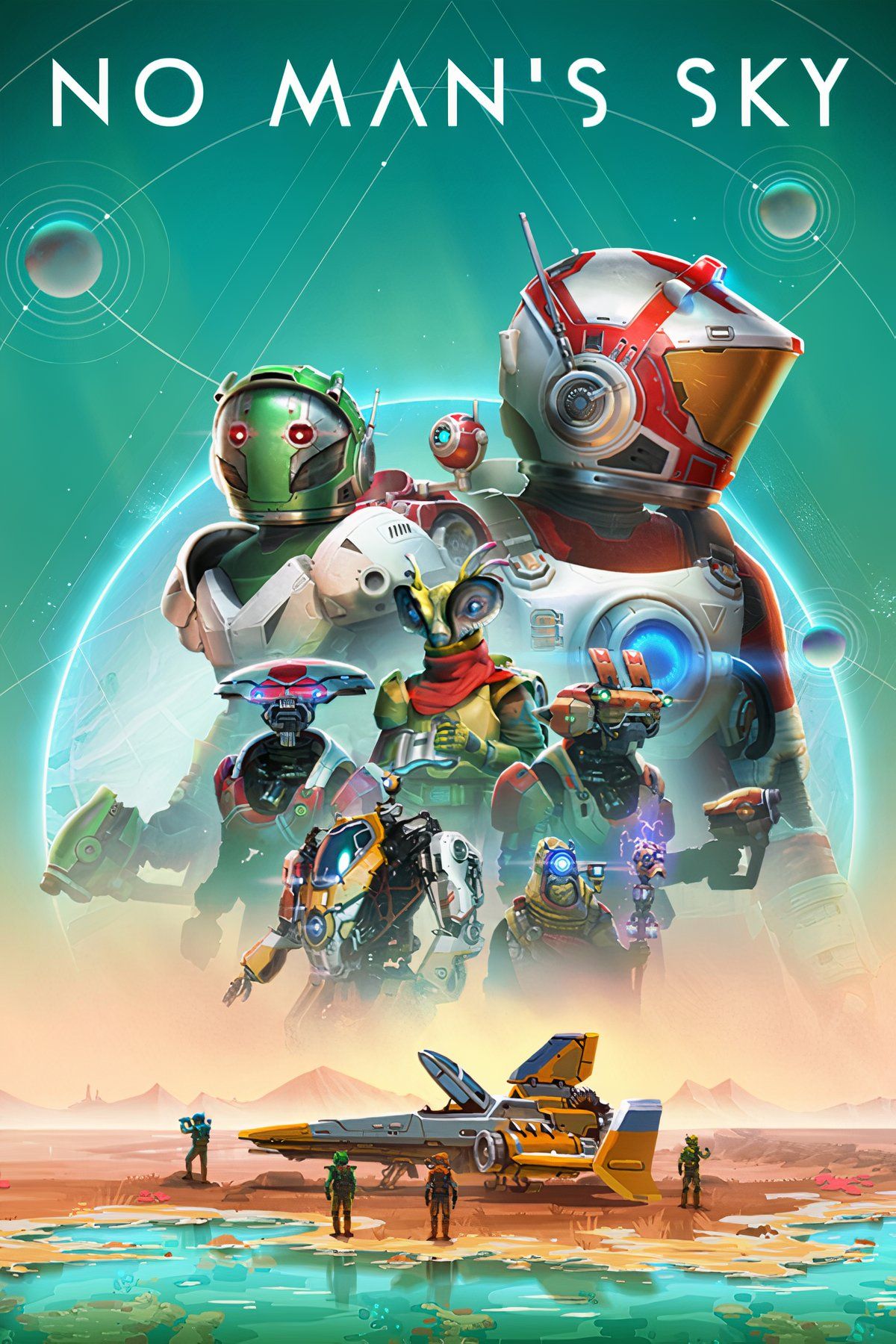
No Man’s Sky is one of the most controversial games in recent memory, promising players a truly infinite sci-fi open world that relies on procedural generation to remain in a perpetually expanding state but falls short when it matters. However, No Man’s Sky has come a long way since its initial rocky release, with content updates that have massively overhauled and fixed a lot of what was plaguing the game in its launch state. Even still, the heart of the game is in its exploration and sense of discovery every time players set foot on a planet no one has seen but them.
But what’s even more impressive is that No Man’s Sky has managed to take the inherently formulaic concept of procedurally generated worlds and added in-depth, coherent lore on top of it. Who the player is, where they come from, what’s the purpose of everything they’re doing is. All this and more is information players can unearth via exploration. And considering how the game is still growing, expanding, and adding new content, there will be a lot more to come in the future.

Related
7 Best Looking Survival Games, Ranked
Atmosphere is everything in survival games, and these titles nail it with breathtaking graphics and immersive design.
